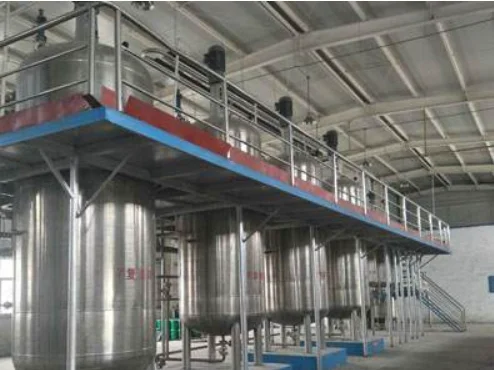BTI Москитная личинка бацилл тургиенсис
- Категории: Biological Chemical Products >>>
- Поставщик: Hebei,Green,Element,Biotechnology,Co.,Ltd.
Поделиться:
Описание и отзывы
Характеристики
Product Description







Production: | It is a microbial insecticide, which can be used in agriculture and forestry, and has a good effect on lepidopteran pests and pine caterpillars. Mainly used for lepidopteran pests of grain, cotton, apple and other crops. |
Specification
toxic effect | 16000 IU /mg 1200ITU/mg 7000ITU/mg |
Product Features | Bacillus thuringiensis (Israel subsp.) is the most widely used microbial mosquitoicide. The main insecticidal component is the toxin protein in parasporal crystals, which has a good control effect on mosquito larvae (especially for mango fruit fly) |
It is specific and efficient, and it can completely kill the larvae of floating mosquitoes | |
Fast-acting and long-acting: effective as soon as 4 hours after use, and lasts for a long time | |
No toxicity to humans and other animals, can be used with confidence | |
Safe, green and environmentally friendly, naturally decomposed in the water body, no pollution |
Application fiele | Bacillus thuringiensis is very suitable for objects such as cruciferous vegetables, nightshade vegetables, melon vegetables, tobacco, rice, corn, sorghum, soybean, peanut, sweet potato,cotton, tea tree, apple, pear, peach, jujube, citrus , bananas,mangoes, lychees and other crops as well as forests and grasslands. The insecticidal spectrum of Bacillus thuringiensis is relatively high, and it is mainly used for lepidopteran pest larvae, such as cabbage caterpillar, diamondback moth, beet armyworm, armyworm, cabbage armyworm, tobacco caterpillar, corn borer, rice leafroller, and dichilla , pine caterpillar, tea caterpillar, tea inchworm, corn armyworm, pod borer, Spodoptera frugiperda and other pest larvae, some subspecies or strains also have a certain effect on root knot nematodes, mosquito larvae, leek maggots, beetles and other pests. |




Product Catalogue

Packing & Delivery
Semi-Automatic PET Bottle Blowing Machine Bottle Making Machine Bottle Moulding Machine
PET Bottle Making Machine is suitable for producing PET plastic containers and bottles in all shapes.
PET Bottle Making Machine is suitable for producing PET plastic containers and bottles in all shapes.


To better ensure the safety of your goods, professional, environmentally friendly, convenient and efficient packaging services will be provided.
Company Profile



Relying on a strong technical production team, a professional import and export company was established.Look for the most advanced technology and products abroad, while promoting our latest products and R&D achievements.
FAQ
Похожие товары
Порошок сахаромиз boulardii для пищевых продуктов
US $50.00-$80.00
Заводская поставка Undersun, высококачественный лактобацилл реутера
US $29.00-$59.00






















